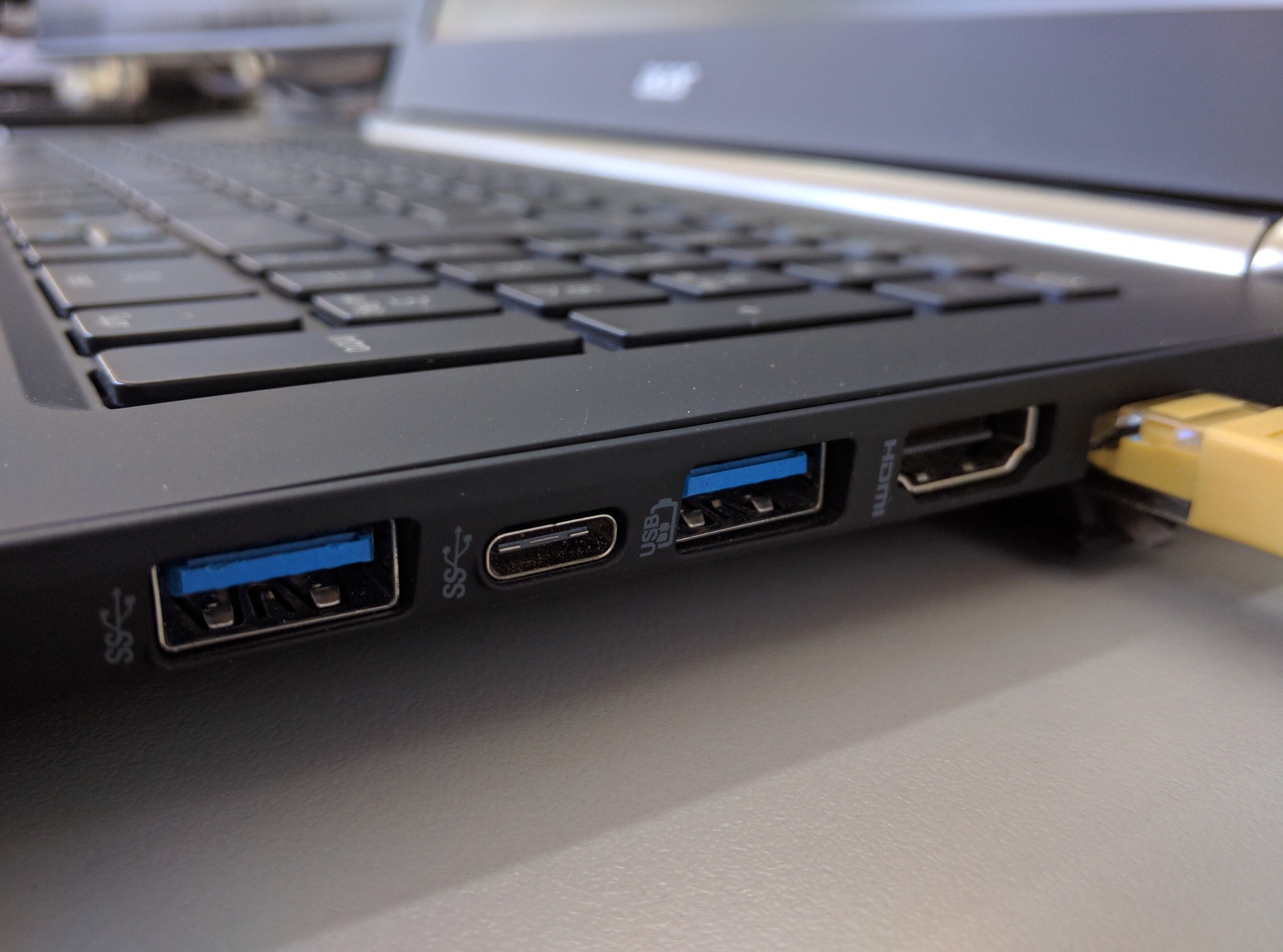
Data loss is one of the most feared computer problems people face. Even large firms can suffer from it; the media, like BBC and others, reported widely the loss that MySpace suffered earlier in 2019. Nowadays, the matter is not as discussed as in the past, because people rely a lot on professional, free (or almost free) online storage, like Dropbox or Google Drive. Yet, users still use their computers to save everyday files, and it’s a big annoyance to lose them suddenly. Everyone has heard a case or another of famous people complaining of having lost important files; writers, for instance, saying they have lost almost entire books.
Doing back-ups is important. But in case you haven’t done so, or you simply want to make sure you can recover the data apparently lost before heading to a store or getting professional support, there are some simple measures you can take. A data loss can be due to software or hardware failure. If the hard drive fails, you’ll likely need a professional, but if it’s a software problem, there is probably something you can do.
Disk cloning
As soon as you detect a data loss, you should shut down the computer attached to it – either it’s an external or an internal hard disk. The computer still uses the hard drive, even when you’re doing nothing. After the shutdown, you should get a way of cloning your disk, and then scan the clone; there are both free and paid options for data recovery, which you can search for online.
which you can search for online.
Drive not spinning
If the computer can’t even detect the hard drive, it’s likely good news. In that case, it can’t access the files, but they probably aren’t corrupt or damaged – they’re just ‘trapped’ inside a ‘closed’ hard disk.
If the drive is not spinning while having the power supply, there’s likely a PCB problem. In older equipment, you could find a compatible PCB and switch, but today there’s certainly a microcode attached to the drive, and that won’t make it. You’ll have to check online to find a proper replacement. In any case, you might want to rely on a professional.
Clicking noise
A clicking noise means there is platter damage or the head failed. A professional will need to open the drive in a clean environment and replace the damaged parts.
Access impossible even with drive working
If the disk appears to be working but then refuses access, there’s another possibility for damage: a failed magnetic media. If your stored data is not that important, you might want to take a risk: find a software imager and see if it can fix the damaged areas. But this is a kind of a risky measure, so you should stick with a professional if you want to ensure your data is not lost.
Whenever there seems to be a problem with a hard drive, it’s very likely you can get your files back, or at least some of them. But professional help is almost always needed in these cases.

